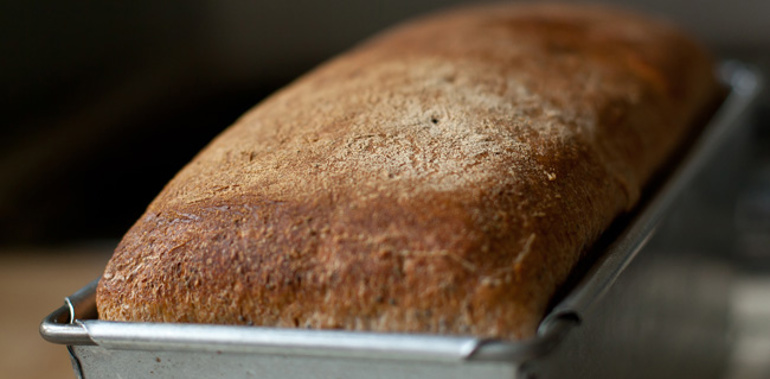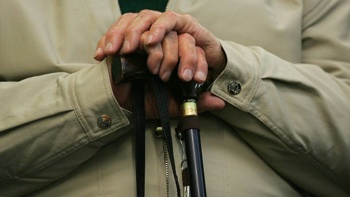
A New Zealand worker took a racial discrimination case against an Australian bakery where she was nicknamed "Kiwi".
But her complaint, which was heard before the South Australian Employment Tribunal, was dismissed as a "perceived lack of respect".
SAET found Julie Savage was not discriminated against while working at Adelaide's Vili's Cakes and that "Kiwi" was not an insult.
Savage alleged that the managing director of Vili's, Vili Milisits, called her Kiwi while she worked as a supervisor at the industrial bakery in 2016. She said this prompted her co-workers to do the same.
She quit her job soon after and took the complaint to the Commissioner for Equal Opportunity, Adelaide Now reports.
She said she suffered racial discrimination because of the "disrespect" caused by using the phrase.
Judge Leonie Farrell found, however, that Savage "did not allege that she suffered unfavourable treatment in respect of the terms of her employment, lack of progression or segregation".
Vili's argued that the New Zealand Government openly endorsed the term "Kiwi" and that it was used as "a term of endearment and as a means of identifying as a New Zealander".
Judge Farrell agreed, finding that calling a New Zealander a Kiwi "was not of itself offensive".
Savage's case was referred to SAET by the Commissioner for Equal Opportunity Niki Vincent.
Vincent refers cases under law if a litigant wants to pursue his or her complaint.
While she declined to comment on this particular case, Vincent told ABC Radio Adelaide "there would have to be some disadvantage" for a racial discrimination case to be successful.
"We don't want to go into overkill," she said.
"But if someone takes particular offense at that nickname and doesn't like it and says they don't like it and asked not to be called that anymore, in a respectful workplace that's what you'd do, you wouldn't call them that anymore."
Milisits came to Australia in 1958 as a refugee from Hungary.
"It just took 18 months to get the outcome - that's my beef," Milisits told the ABC.
"They have a right to complain — it just takes too long."
He said he now employed "every nationality known to man" at his bakery.
"I don't like being called racist," he said.
Take your Radio, Podcasts and Music with you









